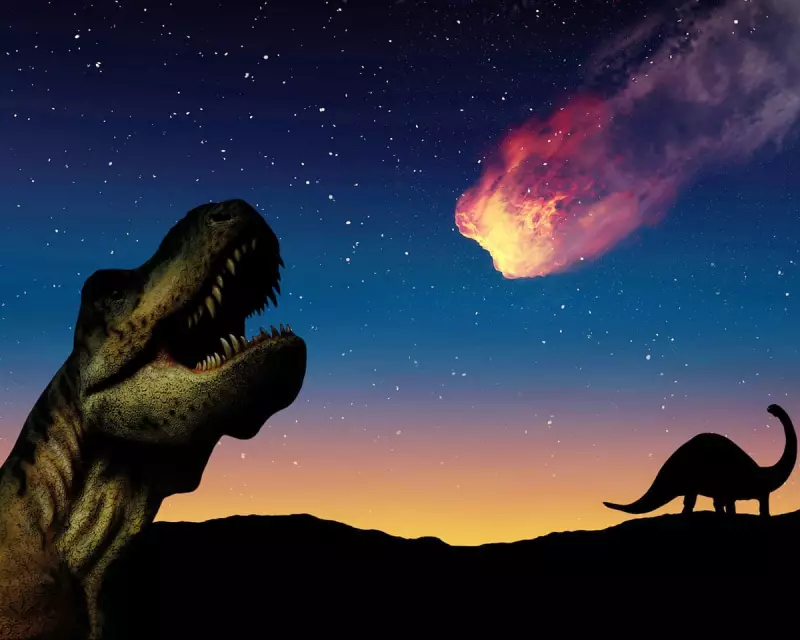
New scientific research has revealed the asteroid that struck Earth 66 million years ago was even more catastrophic than previously believed, creating a devastating chain of events that sealed the dinosaurs' fate within hours.
The Final Day of the Dinosaurs
The study, published in Nature, suggests the Chicxulub impact in modern-day Mexico triggered immediate global wildfires and released sulphur-rich gases that choked the atmosphere. This created a deadly combination that would have made survival impossible for most large creatures.
A Perfect Storm of Destruction
Researchers analysed fossil records and impact simulations to paint a clearer picture of the dinosaurs' final hours. The key findings show:
- Global temperatures spiked dramatically within minutes of impact
- Widespread wildfires consumed vegetation across continents
- Sulphur aerosols blocked sunlight, causing rapid cooling
- The atmosphere became unbreathable for many species
Why Some Species Survived
While dinosaurs perished, the research explains how smaller mammals, birds, and aquatic creatures managed to endure. Their ability to shelter underground or underwater, combined with lower food requirements, gave them a crucial survival advantage during the immediate aftermath.
This groundbreaking study not only rewrites our understanding of one of Earth's most significant extinction events but also provides valuable insights into how ecosystems respond to catastrophic climate change.





